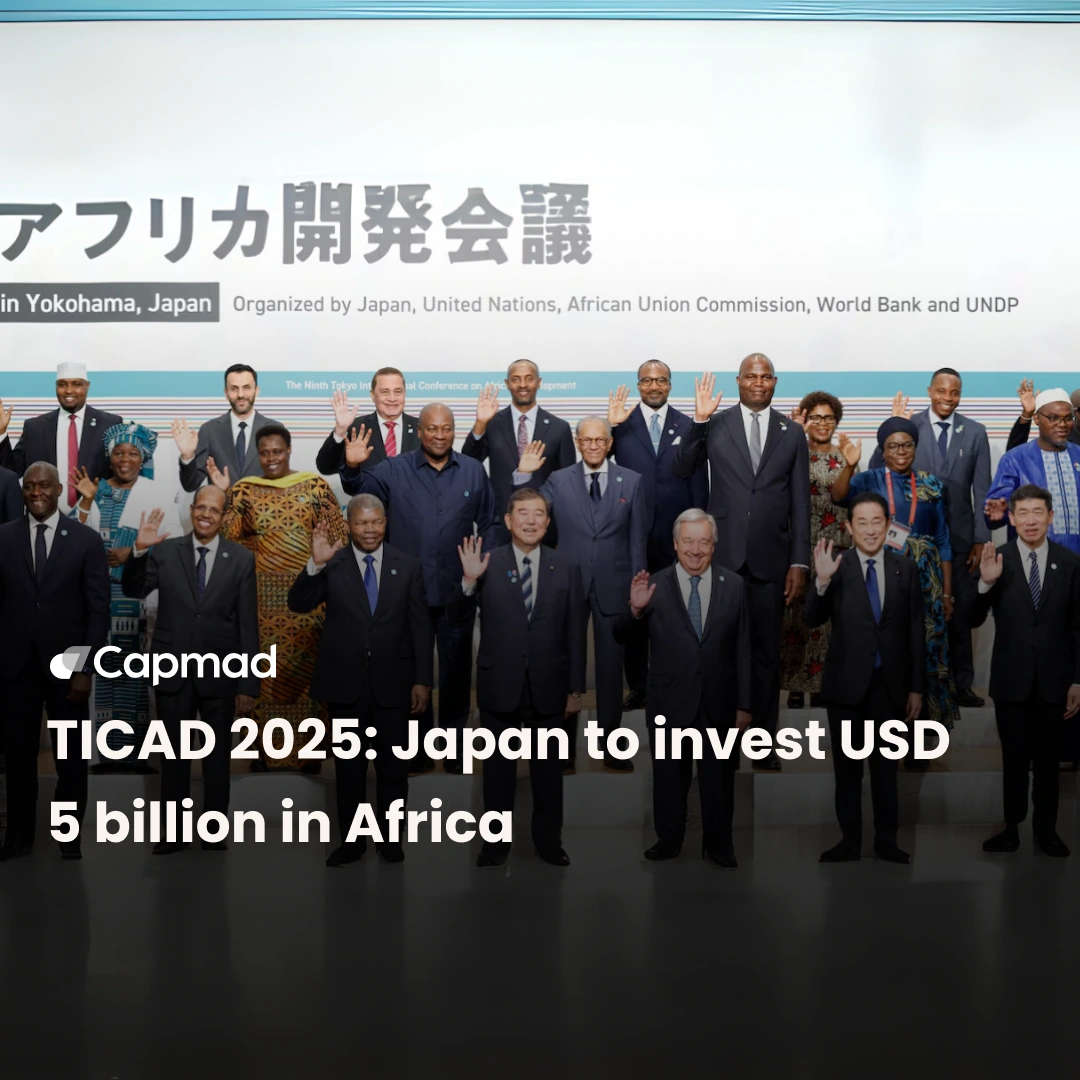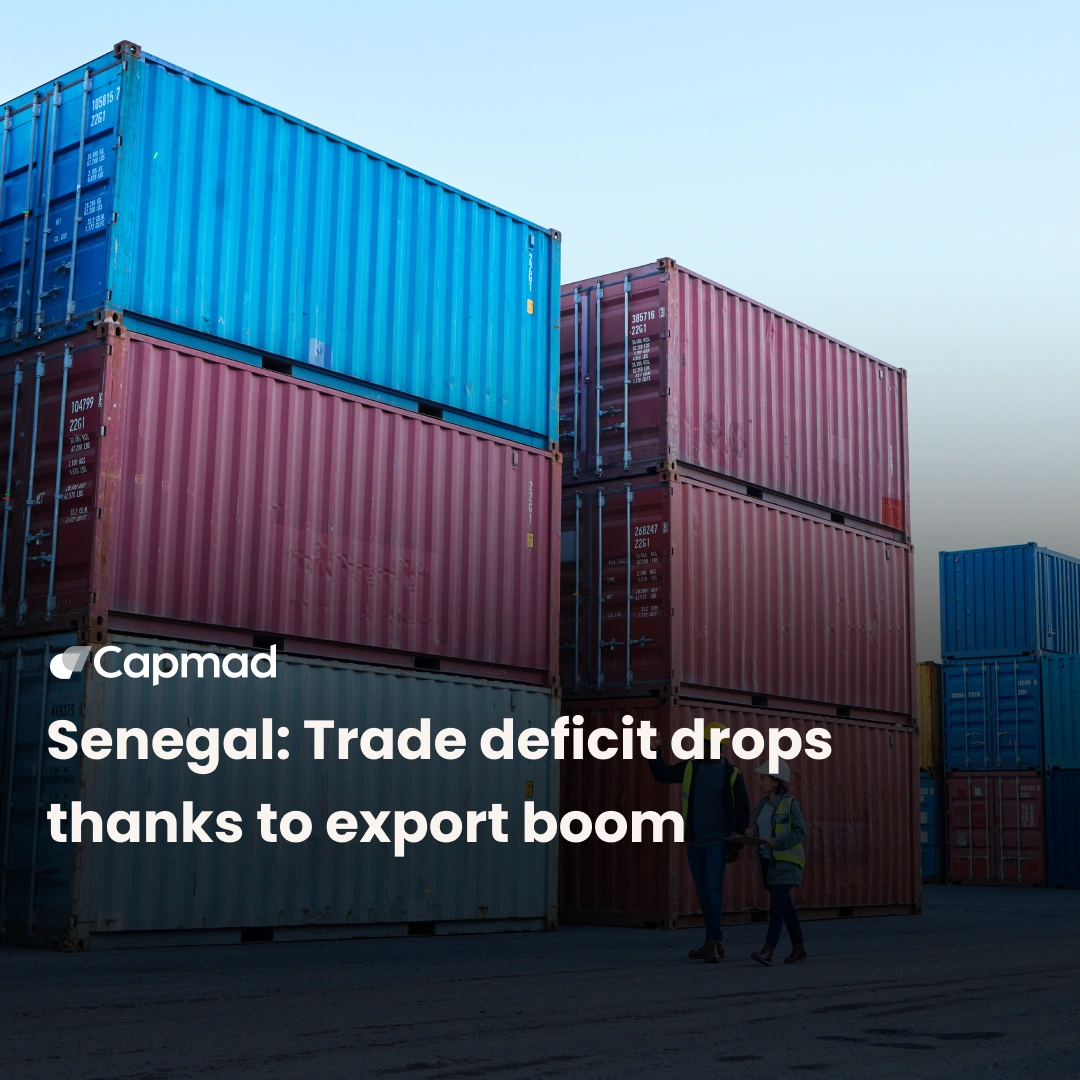Proponents argue that the initiative embodies a broader vision of fostering a politically impartial and more inclusive global financial ecosystem. Nonetheless, observers express skepticism regarding the viability of blockchain currency within the occasionally fractious BRICS bloc.
Financial agreement to challenge the position of the US dollar
The momentum to reshape the landscape of the global economy is evolving as the BRICS bloc, comprising Brazil, Russia, India, China, and South Africa, alongside new members Egypt, Ethiopia, Iran, and the United Arab Emirates, collaborates to spearhead a blockchain-based currency. This initiative by the BRICS aims to introduce a revolutionary currency and payment infrastructure, potentially challenging the longstanding dominance of the US dollar within the global financial system.
Decentralized financial revolution : A leap forward
Central to this ambitious endeavor is the implementation of a blockchain-based payment mechanism. Engineered to streamline global transactions and diminish dependence on conventional financial structures like the US dollar, this technology lies at the core of the initiative.
Advocates emphasize that the objective extends beyond mere cost reduction. Instead, it encapsulates a comprehensive vision of fostering a politically impartial and inclusive global financial ecosystem. By championing principles of decentralization, the BRICS bloc asserts its commitment to establishing a financial framework that prioritizes equity and accessibility on a global level.
Survival of blockchain currency under the BRICS bloc
The expansion of the BRICS coalition and its ambitious endeavor to introduce a new digital currency signal a pivotal juncture in the global geopolitical and economic landscape. Already commanding a significant share of the world’s population and economic prowess, the BRICS countries are poised to disrupt established power dynamics.
Presently, the BRICS bloc accounts for approximately 42 % of the world’s population and contributes roughly 36 % to global GDP. The decision to launch a blockchain currency within this coalition underscores their collective aspiration to forge a new global financial order.
China, as a dominant economic force within the BRICS bloc, has been actively pursuing efforts to recalibrate the global financial framework, notwithstanding significant challenges. While the current focus is on the introduction of a virtual currency, the lessons gleaned from the management of traditional currencies may offer insights into the potential trajectory in the months ahead.
Challenges of BRICS blockchain
The decision by the BRICS bloc to launch a blockchain currency comes after extensive deliberations amid ongoing discussions about the potential introduction of a unified currency, partly as a response to the dominance of the US dollar.
Critics highlight several challenges facing the BRICS bloc’s efforts to introduce a unified currency. For instance, despite the expansion of the BRICS coalition, new member countries exhibit limited interest in adopting the Russian ruble, while the internationalization of the Chinese yuan is hindered by Beijing’s predominantly closed capital markets.
Drawing parallels with the introduction of the euro in the European bloc in 2002, observers emphasize that the push for economic zones to adopt a common currency, virtual or otherwise, is not unprecedented. Despite more than two decades since its inception, the euro has not significantly diminished the supremacy of the US dollar but has emerged as a viable alternative.
Financing of a new Development Bank remains to be defined
Furthermore, the BRICS bloc has recently declared its intention to establish the New Development Bank, yet the specifics regarding its funding sources remain ambiguous.
Additionally, there are inherent risks stemming from the occasionally strained relations among key members of the BRICS bloc. Instances such as border disputes between India and China and trade dynamics between Brazil and China contribute to underlying tensions, which can impede efforts to forge a cohesive front for a global economic alliance.
Open and inclusive growth : The goal of the BRICS bloc
For years, the BRICS countries have underscored their dedication to collaboration extending beyond mere economic realignment, advocating for open and inclusive cooperation. Anchored in principles of non-interference and mutual benefit, BRICS policies strive to align other emerging economies and developing nations toward a shared journey to prosperity.
At its core, the group asserts that its agenda represents a resolute stance against poverty, unemployment, and social marginalization. Through an inclusive development model, BRICS endeavors to uplift global populations, championing a vision of progress that leaves no one behind.
New prospects for Africa thanks to blockchain currency
For African economies within the BRICS bloc, the emergence of blockchain currency signals a promising era of economic opportunity. It holds the potential to significantly streamline international trade processes, reduce associated costs, and shield economies from the impacts of currency fluctuations.
Countries like South Africa stand poised to bolster their resilience and economic influence, amplifying the voices and aspirations of the African continent within the BRICS framework. The bloc’s venture into blockchain-based currency and payment systems represents a bold departure from traditional financial structures, advocating for a more equitable and inclusive global economic order that caters to the interests of all nations.
The BRICS Digital Currency Initiative serves as a beacon for a new phase of economic collaboration and advancement, paving the way for a future where prosperity is shared more equitably across the globe.







